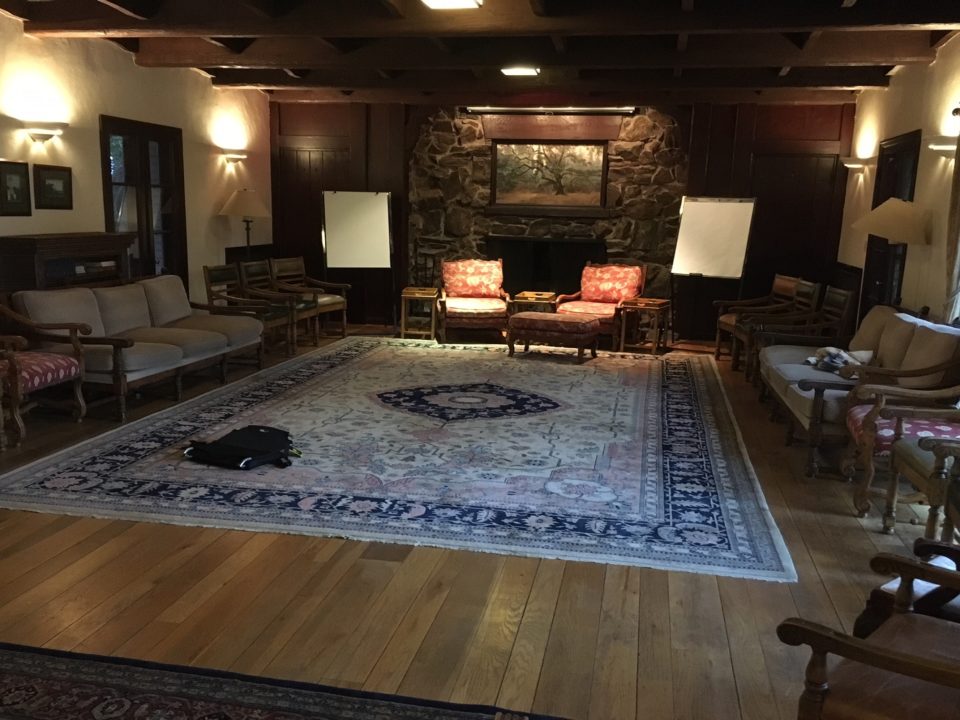10 Delusions of Personal Growth:
Part III

10 Delusions of Personal Growth: Part II
December 2, 2010
The Contest Between Self Preservation and Spiritual Evolution
April 6, 201110 Delusions of Personal Growth: Part III (Delusions 8-10)
by Carl BuchheitFirst published in 2008
To recap:
1. That you can get somewhere positive by defeating something negative.
2. That people who take the “path of least resistance” in life are weak.
3. That fighting ourselves shows strength and builds character.
4. That denying and disrespecting our parents is a good idea.
5. That you as an intelligent adult would never, ever mess your life up in order to prevent something really bad from happening to someone else 100 years ago (just to cite a round number).
6. That the past is a failed version of a better future.
7. That now is the only time there is.
8. That your brain is supposed to care about how you feel.
Our brain’s main function is to filter out everything that doesn’t fit its own ideas about what fits with its ideas. Consequently, it is always very busy not noticing things. However, the good result of this is that it provides us with a stable, more-or-less predictable world in which to live.To make the experience of being human even more fun, the older, most reliable parts of our brains—our creature brains, which don’t even know that they are parts of human beings—have only one important success indicator, one way to tell if they are doing a good job. This part of the brain doesn’t think, analyze, create, synthesize or talk. It is simply there to establish and maintain associations between this and that. It doesn’t care what this and that are, as long as the associations are intact. Thus, it does not care about the content of our human experience; it only cares that that content (the associations between this and that) do not change. Consequently, its most important success indicator is the answer to the question, “Are we dead yet?” If the answer is no, it knows to keep on with whatever it has been doing. If this happens to involve our being miserable in life, at the human level, that is not its problem, nor even its concern.
Our brain is not supposed to care how we feel. We are supposed to care how we feel.




